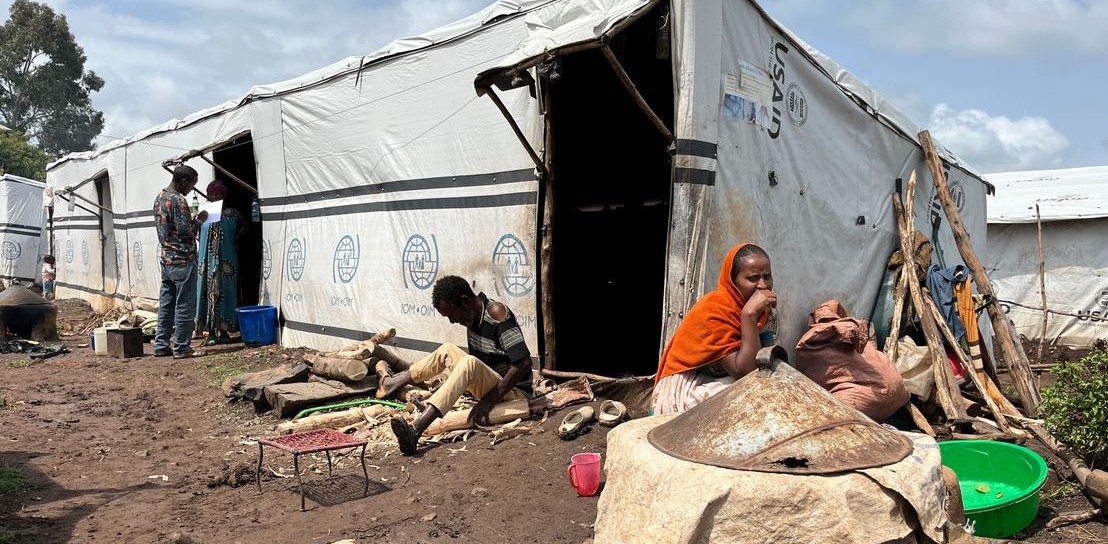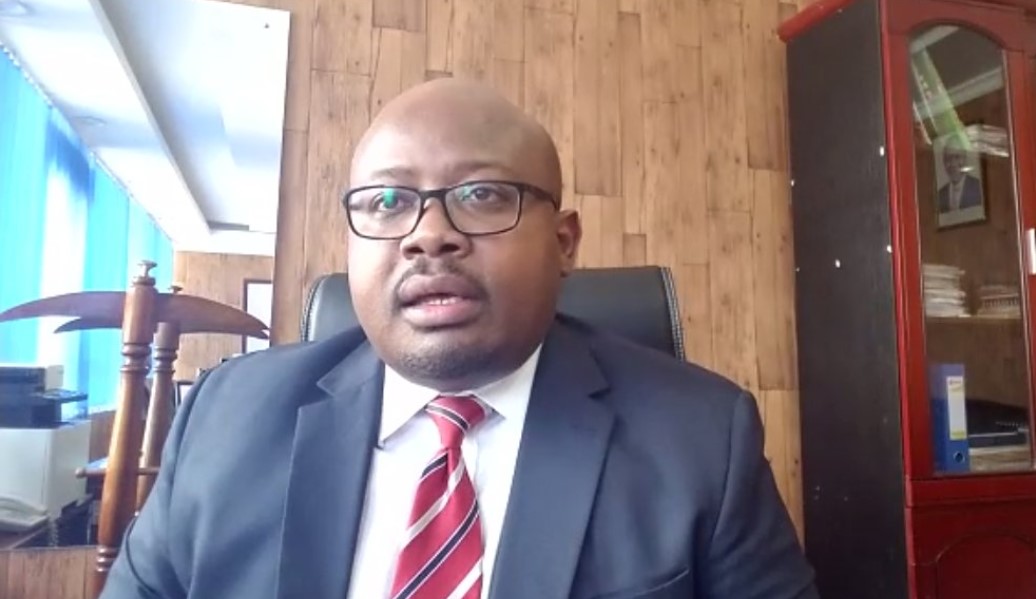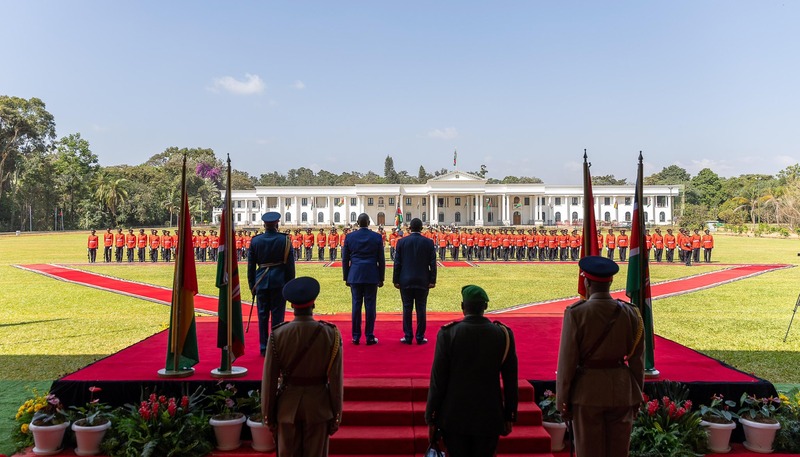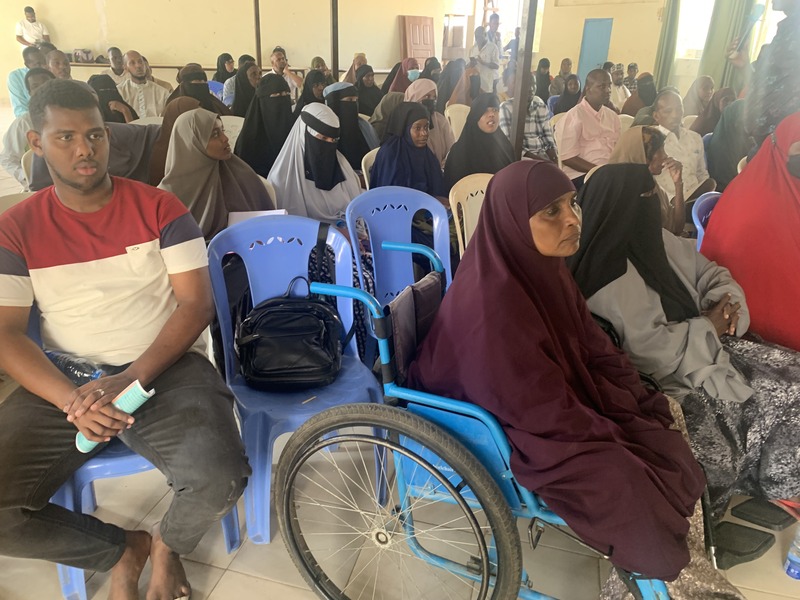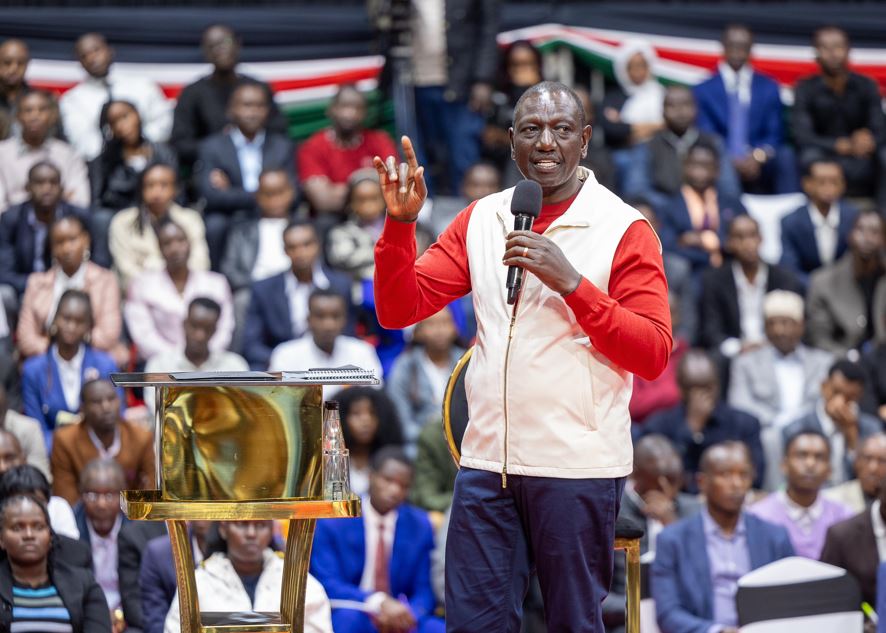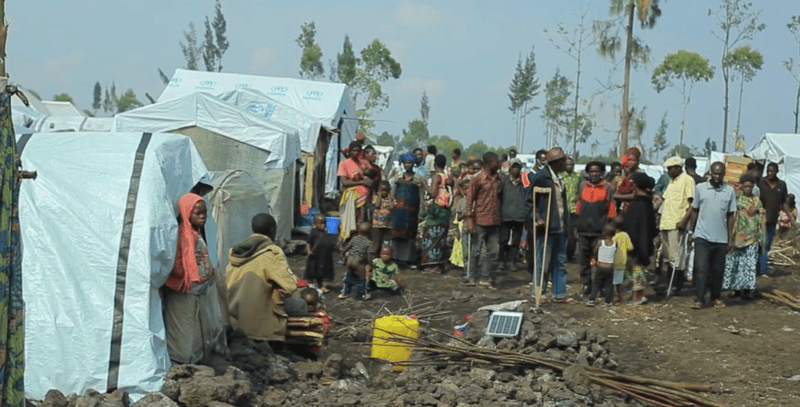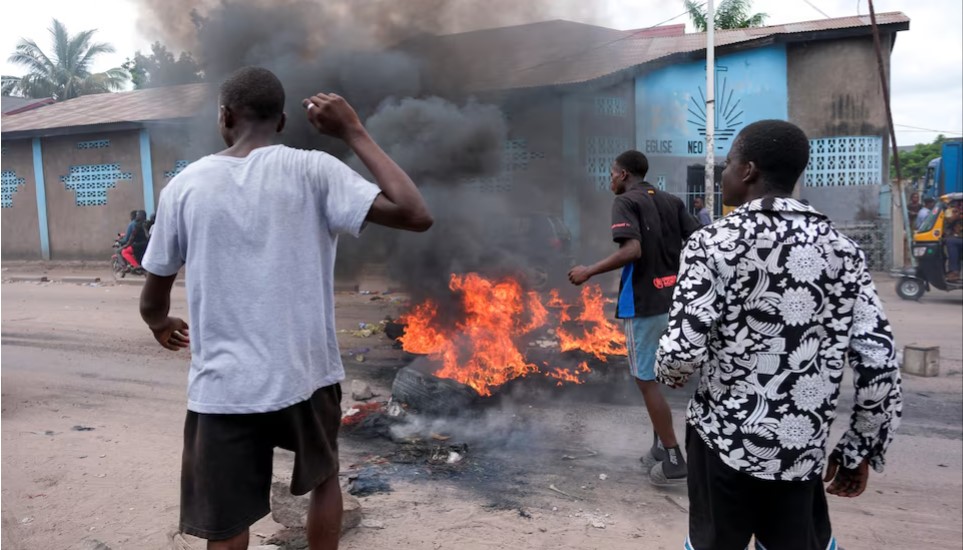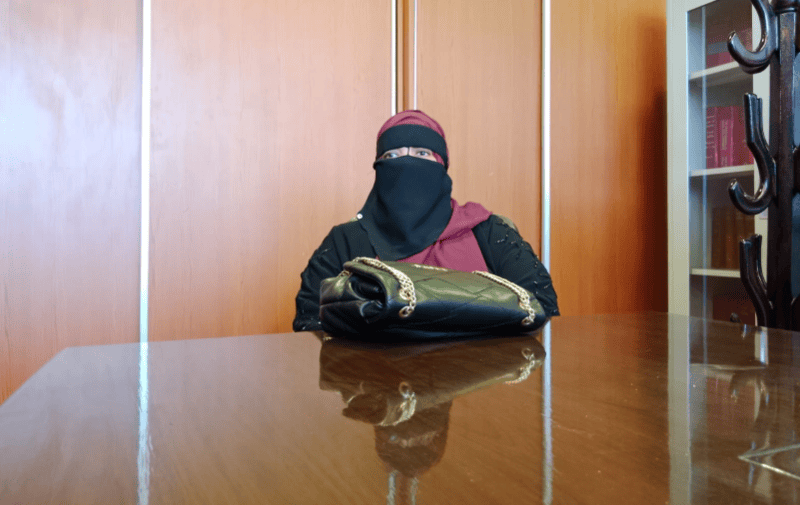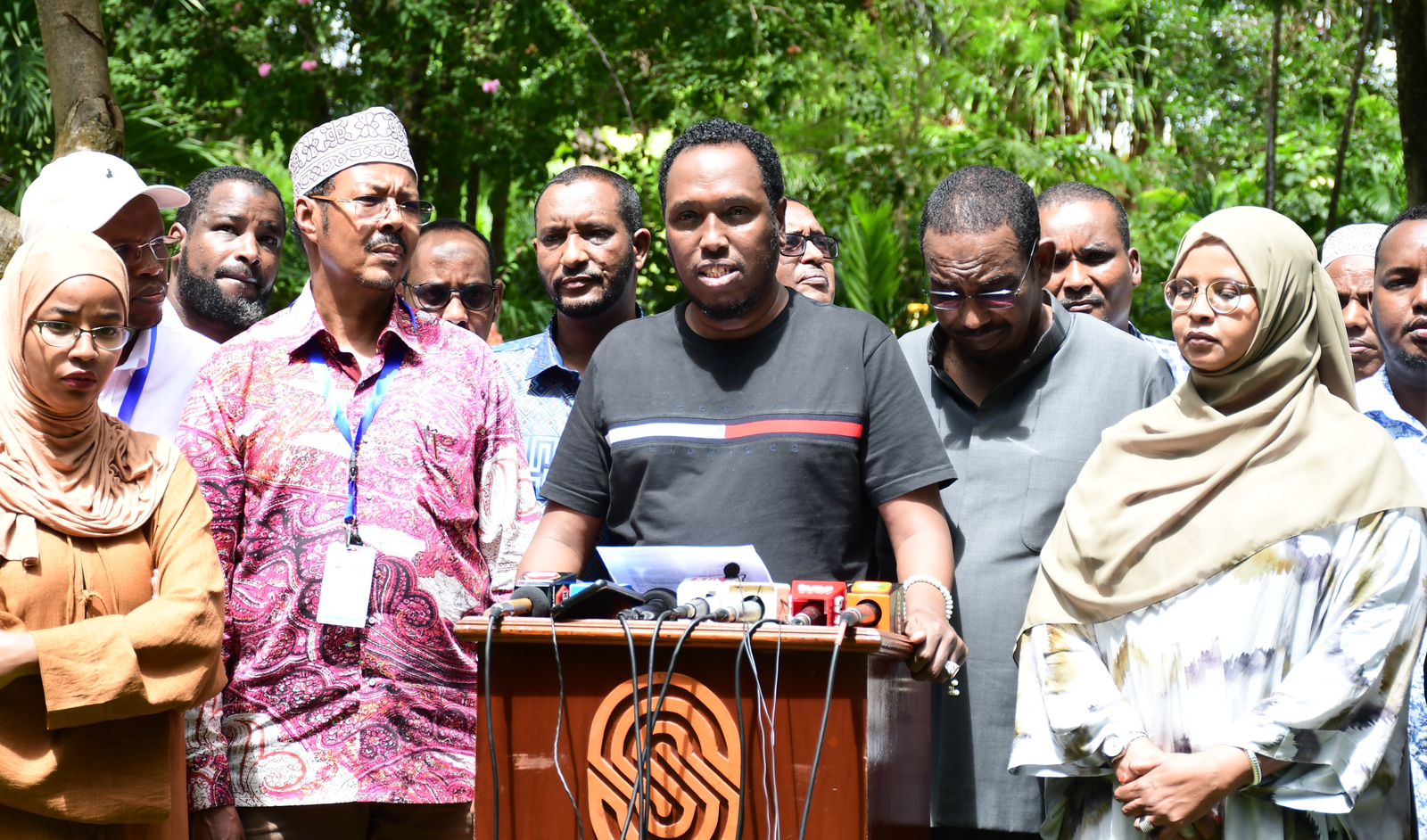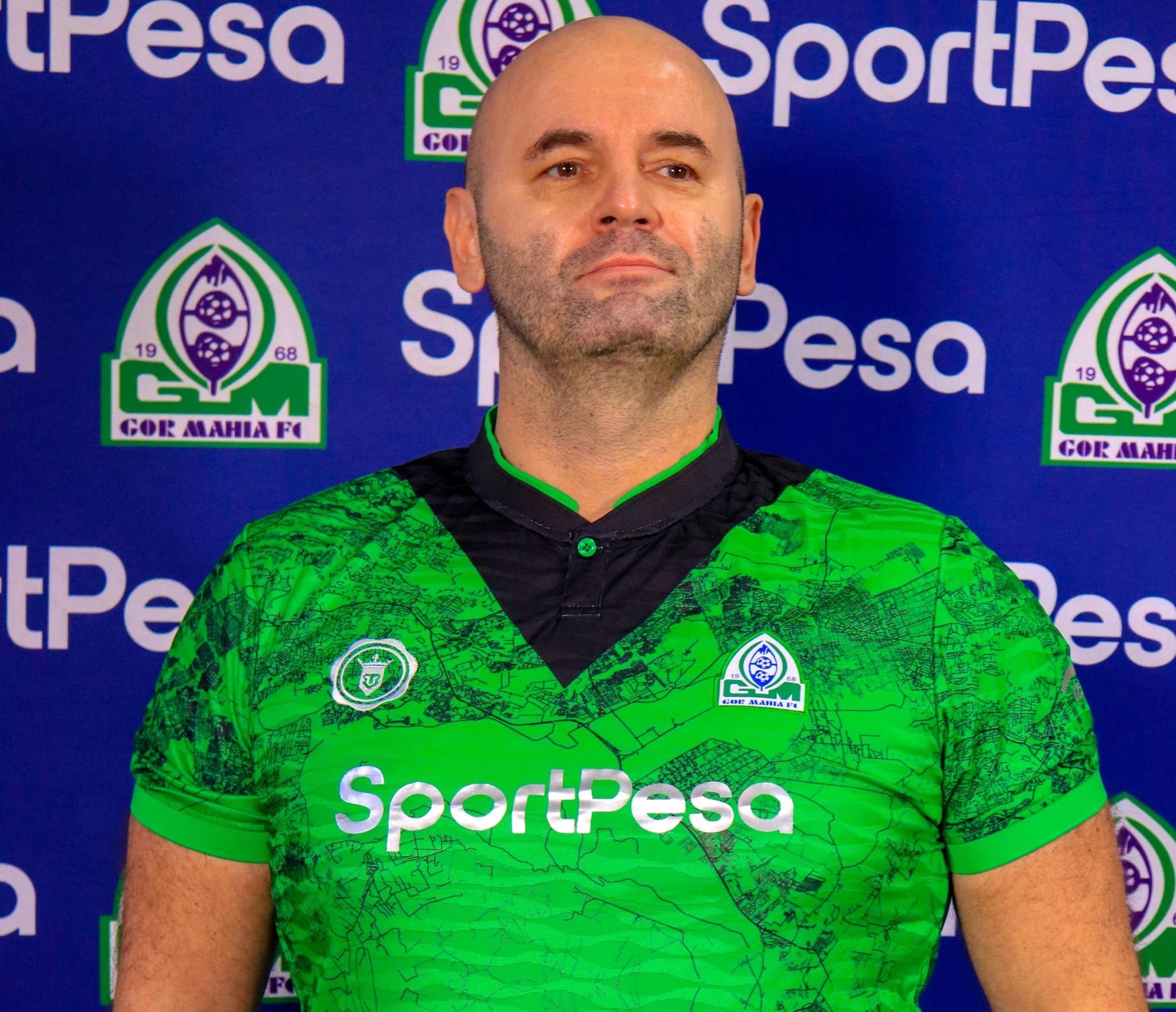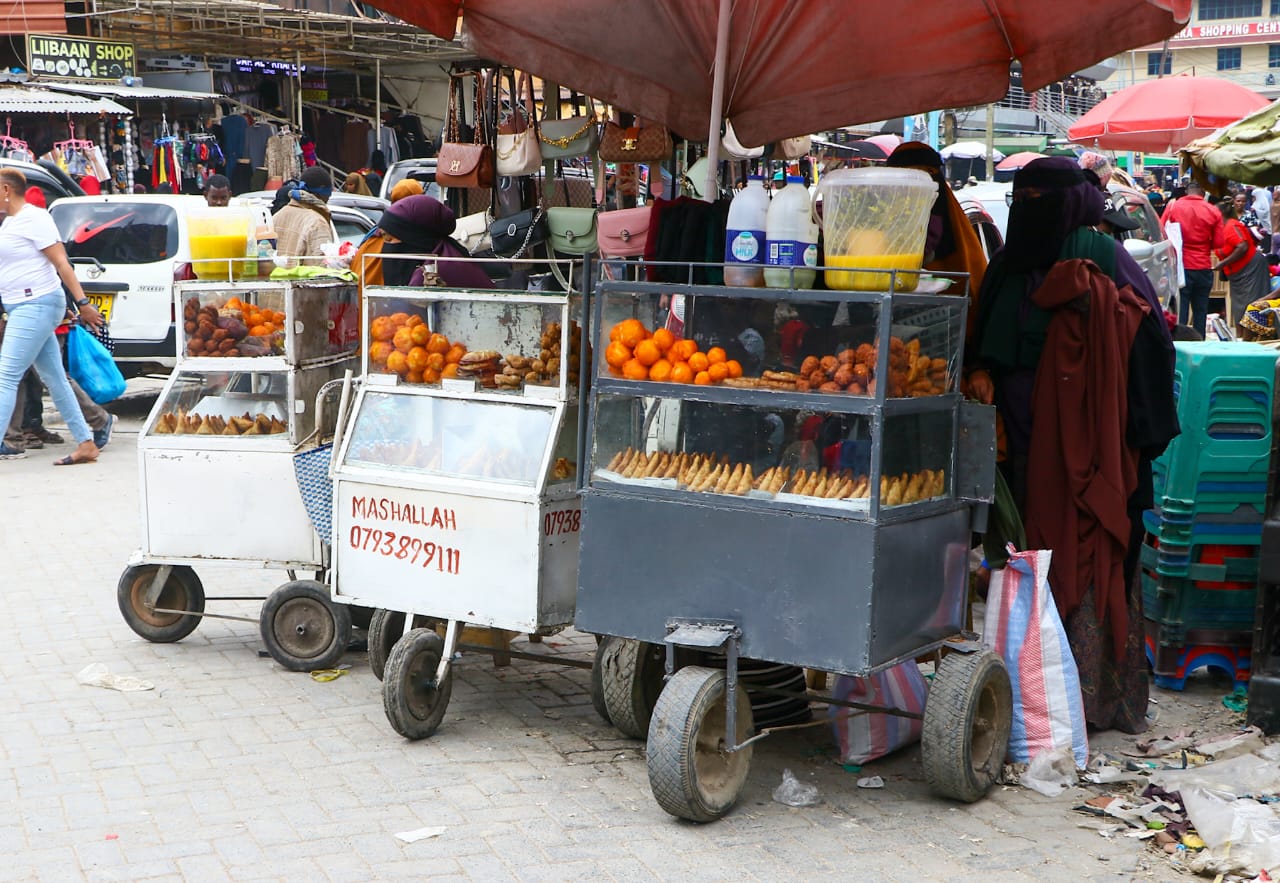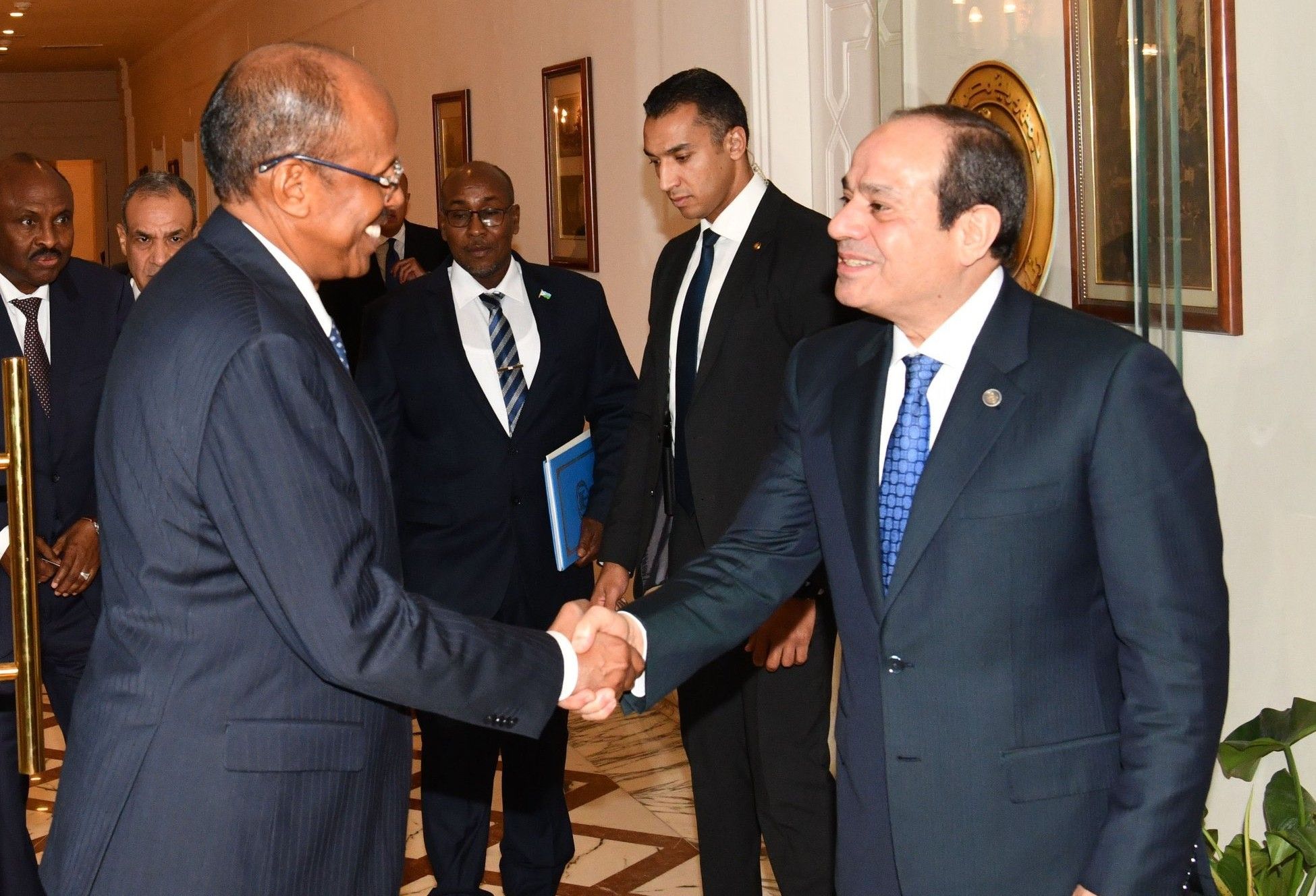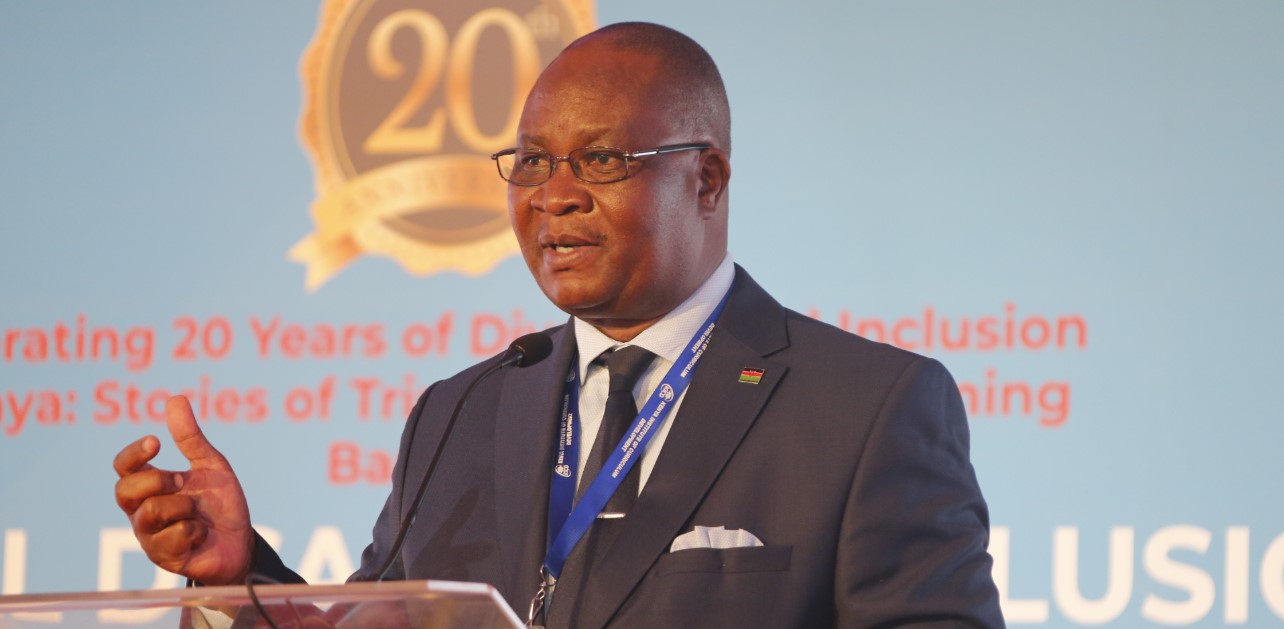Mbadi: US-funded health programmes to continue despite aid suspension
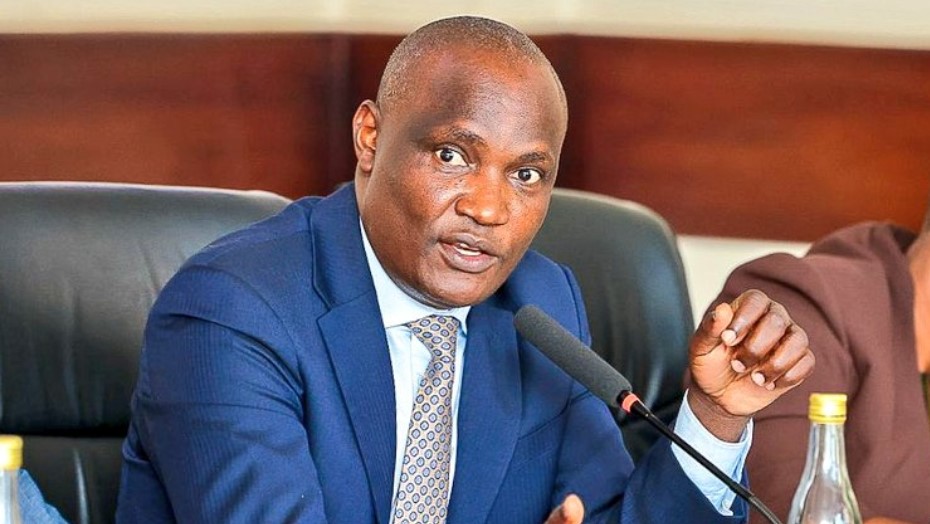
The CS emphasised that there was no cause for alarm, adding that he had already initiated measures to ensure the continuity of health programmes that heavily rely on donor funding.
The government has assured that critical US-funded programmes will not be halted despite the temporary freeze on foreign aid, National Treasury Cabinet Secretary John Mbadi has announced.
Mbadi highlighted that the government would reallocate funds from the development budget to sustain essential programmes that could be affected by the aid suspension.
More To Read
- Kenya receives 9.3 million vaccine doses to boost BCG and measles immunisation efforts
- Clinical officers call for Health CS, SHA leadership to resign as nationwide strike looms
- Ministry of Health issues warning on nicotine products as health risks rise
- Former IG Koome to pay for ordering police to beat up striking medics
“We will have no alternative but to slash part of the development budget and use the funds to finance critical programmes that will be starved of cash if the US stops foreign aid,” he said after attending the Mid-term National Assembly retreat in Naivasha.
The CS emphasised that there was no cause for alarm, adding that he had already initiated measures to ensure the continuity of health programmes that heavily rely on donor funding.
Mbadi highlighted the importance of health initiatives such as HIV treatment, affirming that the government would prioritise their funding to prevent disruptions.
However, he clarified that Kenya was yet to receive official communication from Washington regarding the aid freeze.
“President Donald Trump took the action immediately he assumed office, and it is normal for that to happen during a change of regime in any country,” he said.
He acknowledged that Kenya relies significantly on US funding, particularly in the health and security sectors, and admitted that the withdrawal of aid would pose a challenge.
Following his inauguration late last month, Trump signed the Stop-Work Order, suspending all US foreign assistance programmes for 90 days to allow for a policy review.
In Kenya, the directive is expected to impact thousands of people receiving HIV treatment, in addition to over 25,000 healthcare workers who will temporarily lose their jobs.
The Order will affect over 20 million people globally, including Kenyans who benefit from the President’s Emergency Plan for AIDS Relief (PEPFAR) and USAID funding.
Mbadi’s assurances come days after the Ministry of Health reassured Kenyans that there were sufficient stocks of HIV commodities to last six months.
The Ministry also stated that it was working closely with development partners, international agencies, and private sector stakeholders to explore alternative funding and ensure a steady supply of essential medicines.
The Stop-Work Order is among 78 executive actions taken by President Trump, including the withdrawal of US membership from the World Health Organisation (WHO) as part of a broader freeze on nearly all US global health funding.
“We have sufficient stock of HIV commodities, be it antiretrovirals or testing commodities,” Health Director General Patrick Amoth said during a recent briefing.
Amoth urged Kenyans undergoing HIV treatment to continue accessing medication, assuring them that healthcare facilities had adequate supplies and personnel.
In Kenya, those most affected include over 1.2 million people currently on HIV treatment, along with 1,952 doctors and clinical officers, 1,234 nurses and midwives, 578 laboratory staff, 340 pharmacists, and 24,577 community healthcare workers.
The order will also impact pregnant women and babies at risk of HIV transmission from mother to child.
According to data from the PEPFAR Monitoring, Evaluation and Reporting Database (MER), the programme currently provides ARV treatment to 679,936 pregnant women living with HIV, both for their health and to prevent transmission to their children.
Mbadi stressed the need for Kenya to reduce reliance on donor funding for essential programmes, stating that the government must explore sustainable domestic financing mechanisms.
Top Stories Today
